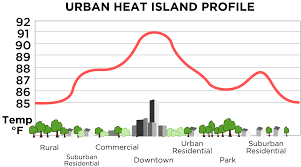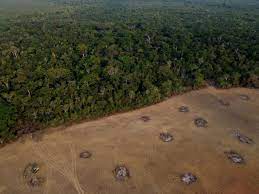A report from Carbon Tracker (a London based non-profit) points out that Solar and wind have the potential of creating thousands of Petawatt hours of electricity a year, while current electricity demands stand at just 27PWh.
More crazy still is the space that it would take to get all our electricity from Solar. It would take 450,000 square km, which sounds like an insane amount of land. However, this is just 0.3% of land and significantly less than the land currently given over to the Fossil fuel industry. Given that much of our energy needs will come from wind, this is likely to be significantly lower. Another analysis suggests just 0.2% of land for solar, with 0.5% covered in wind turbines.



















